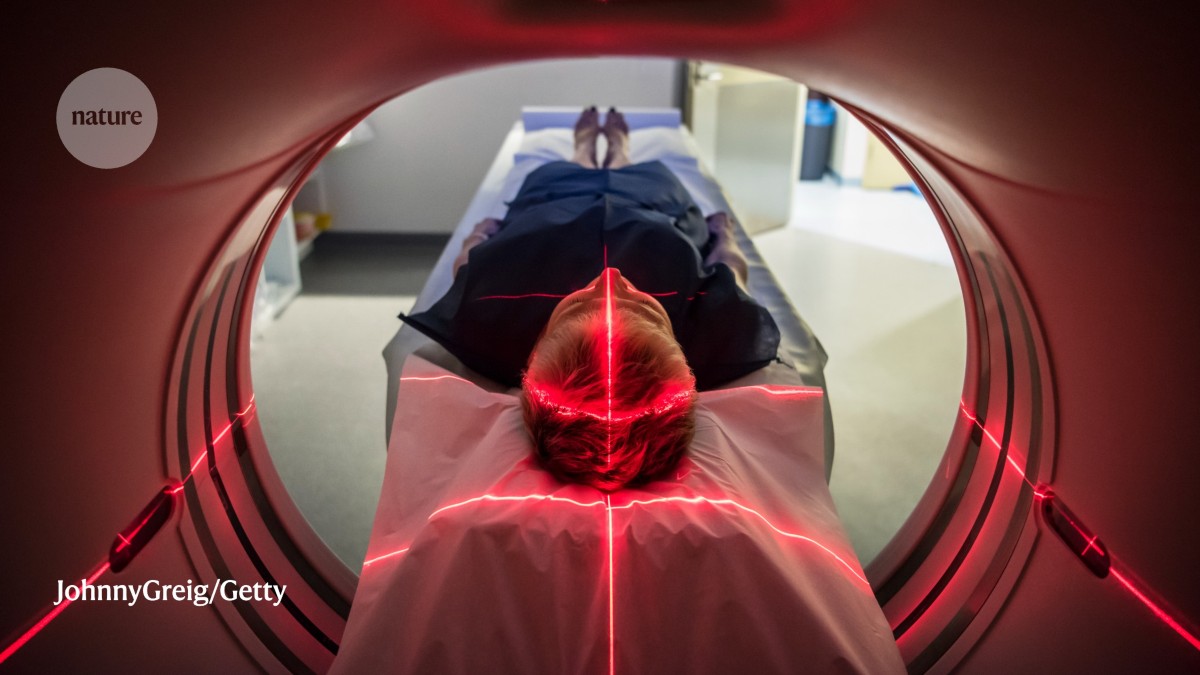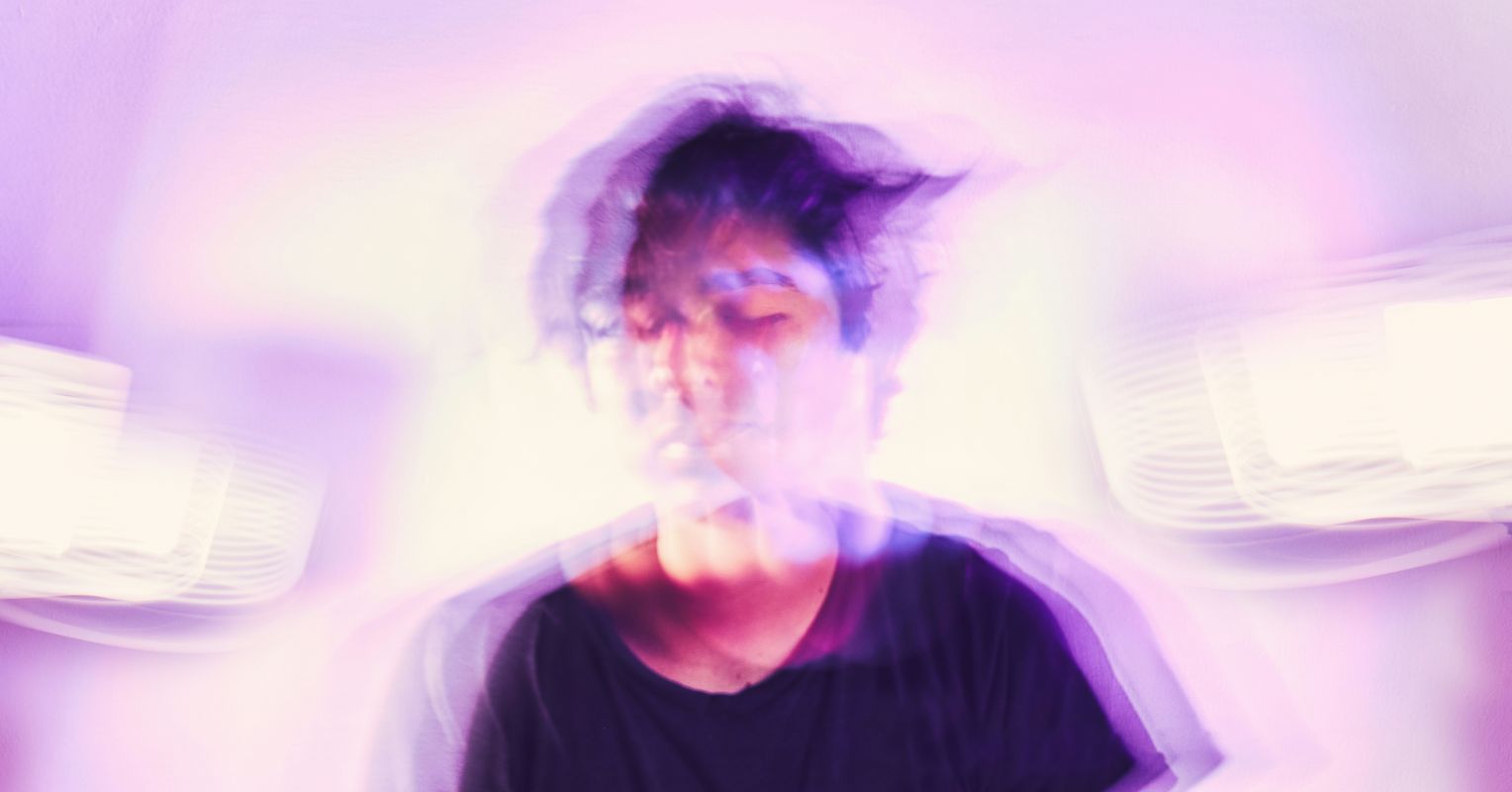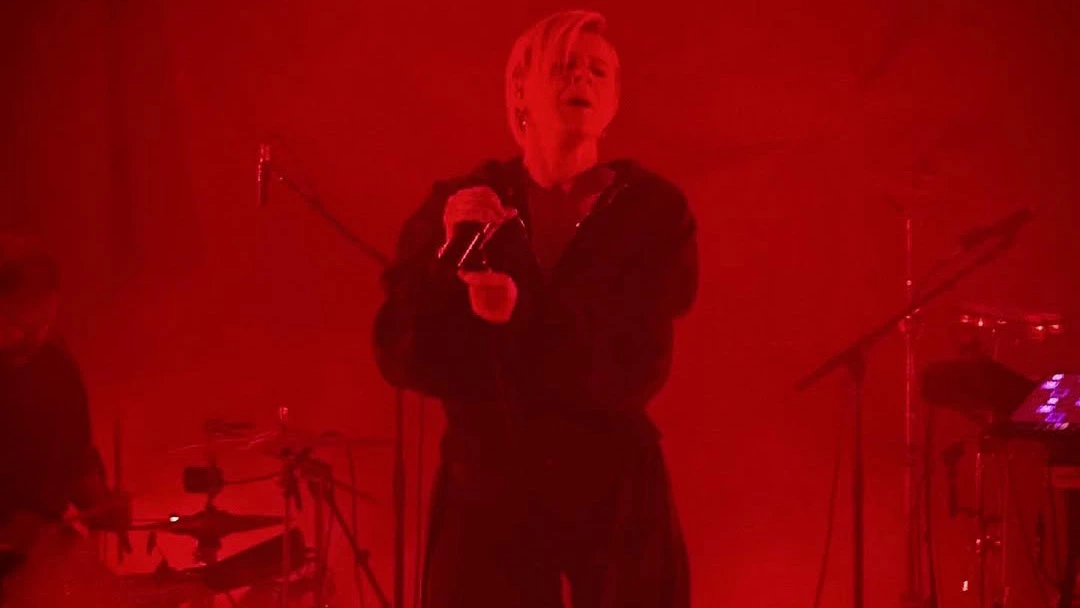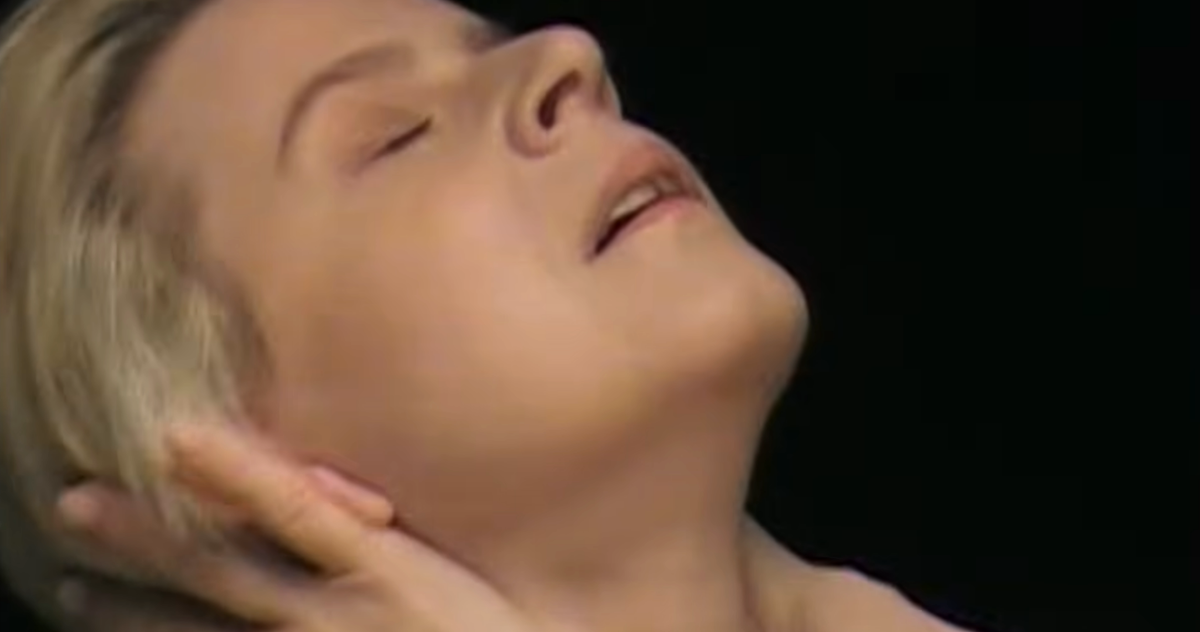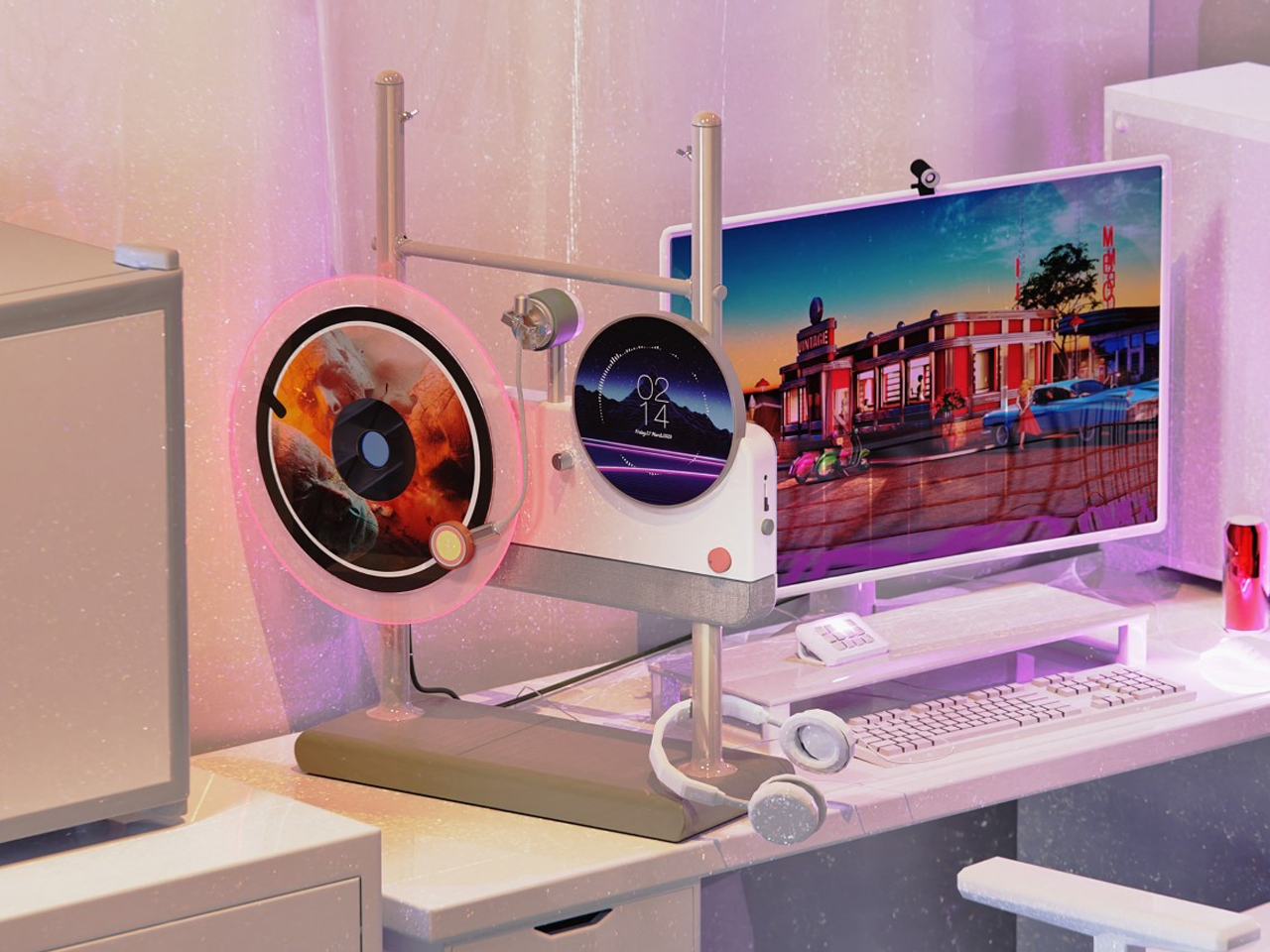#dopamine
#dopamine
[ follow ]
#adhd
Mental health
fromPsychology Today
10 months agoWhy ADHD Makes You Focus On the Wrong Things First
ADHD brains prioritize stimulation over importance, often leaving key tasks unfinished.
Individuals with ADHD experience stress with boring tasks, even if they are important.
Engaging in low-value tasks provides a false sense of accomplishment for those with ADHD.
Progress for those with ADHD requires confronting discomfort rather than seeking dopamine.
Mental health
fromBusiness Insider
3 weeks agoRed flags that you might be hooked on your phone, from an addiction researcher. Here's how 'dopamine fasting' can help.
Excessive social media hijacks the brain's dopamine system, causing compulsive behavior, mood and focus problems, and can be reset with dopamine fasting and digital detox.
fromSilicon Canals
3 weeks agoThe hidden reason you can't relax anymore isn't laziness - it's this modern habit nobody talks about - Silicon Canals
Last week, I tried to watch a movie without doing anything else. Just watching. No phone, no laptop, no second screen. I made it exactly 12 minutes before my hand started twitching toward my pocket like some kind of digital zombie. And that's when it hit me. This isn't about being lazy or unmotivated. This constant restlessness, this inability to truly relax, it's something else entirely.
Mindfulness
fromPsychology Today
2 months agoThe Dopamine Loop: Why Arguments Are Hard to Let Go
Ever had a song stuck in your head long after the music stopped? Or found yourself replaying an argument-what you said, what you wish you had said, or how it might unfold next time? These mental loops aren't random; they're driven by a powerful feedback system in your brain. That's why catchy tunes stick and arguments replay in your head: Your brain isn't just being stubborn or "obsessed." It's looping with a purpose-like running practice drills.
Psychology
fromPsychology Today
2 months agoWhy We Procrastinate and How to Stop Putting Things Off
How many times have you heard yourself say, "I'll do this later"? Or "I'll do this tomorrow"? The statement itself is harmless and promising all at the same time. That's what we call procrastination. It isn't relaxation but rather the pushing off of the discomfort of a decision, a conversation, a task, or a call into the future and hoping that "later" or "tomorrow" will somehow come with greater focus, energy, motivation, or time.
Psychology
fromBustle
3 months agoWhy You Should Be Scheduling Eye Contact, According To TikTok
and the viral " dopamine menu " trend that perks you up enough to be productive. While a zing of the well-known hormone always feels good, it's said that oxytocin is what makes you feel really great. On TikTok, creators are talking about the importance of boosting your oxytocin, especially in the winter when it's common to feel isolated or sad, and they're proving it's so much more than just a "love hormone."
Mental health
Arts
fromThe Art Newspaper - International art news and events
3 months agoRijksmuseum to host study exploring potential benefits of art for people with Parkinson's
Exposure to and participation in visual arts may reduce Parkinson's symptoms and improve anxiety, well-being, and cognitive function, potentially by increasing dopamine.
fromPsychology Today
3 months agoRetrain Your Brain's Reward System
I was a third-year medical student at Northwestern on my ICU rotation the first time I saw a dopamine drip. The patient was pale and motionless, his blood pressure dropping by the minute despite large volumes of IV fluids. My senior resident said to the bedside nurse, "Let's start a dopamine drip at five micrograms per kilogram per minute." I stood at the foot of the bed, watching the monitor as the patient's heart rate and pressure began to climb.
Science
fromHarvard Gazette
3 months agoCan revenge be addictive? - Harvard Gazette
It was just enough time to break the spell of "sweet revenge" - a psychological phenomenon that, Kimmel argued, works very much like any other drug. When people are harboring a grievance, no matter its validity, Kimmel said, "It's a very real pain. And your brain really, really doesn't want pain - and so it instantly scrambles to rebalance that pain with pleasure."
Mental health
fromDiscover the Best Podcasts | Discover Pods
4 months agoThe Couples Therapy Podcasts Saving America From Digital Dating Hell
I spent three years on dating apps and came away with carpal tunnel, trust issues, and the emotional intelligence of a goldfish. Sound familiar? Here's what nobody wants to admit: dating apps haven't democratized love-they've weaponized loneliness. While 50% of engaged couples now meet online, 70% of new relationships fail within the first year.We've created the most sexually frustrated, emotionally disconnected generation in American history. The only thing standing between us and complete romantic collapse?Couples therapy podcasts that actually understand what we're dealing with.
Relationships
fromPsychology Today
4 months agoDopamine Myths: What Huberman Gets Wrong About Motivation
Let me start by saying I genuinely admire Andrew Huberman. His mission to popularize neuroscience to improve lives is as useful as water in the desert, and his actionable strategies have helped countless people, including me. I even use his sponsor recommendations (yes, that fancy mattress works). But expertise in ophthalmology and neuroscience doesn't automatically translate to expertise in motivation science, and that is why things get messy.
Science
fromPsychology Today
4 months agoBreaking Free From Doomscrolling: Name the Feeling
Back in 2011, Apple's iPhone ads plastered billboards with glossy images of people traveling, celebrating milestones. The message was seductive: This device is your ticket to belonging and intimacy. And in many ways, those ads weren't wrong. Smartphones made it easier to FaceTime across continents and capture memories-but they also planted a subtle belief: that closeness itself lived inside the device.
Digital life
fromBig Think
7 months agoHow to escape the "dopamine crash loop" and rewire your curiosity
Your brain's reward system is a network of regions that releases dopamine in response to rewarding stimuli. Think of dopamine as your brain's 'want' signal. It doesn't create pleasure so much as it creates the motivation to seek pleasure.
Digital life
[ Load more ]

